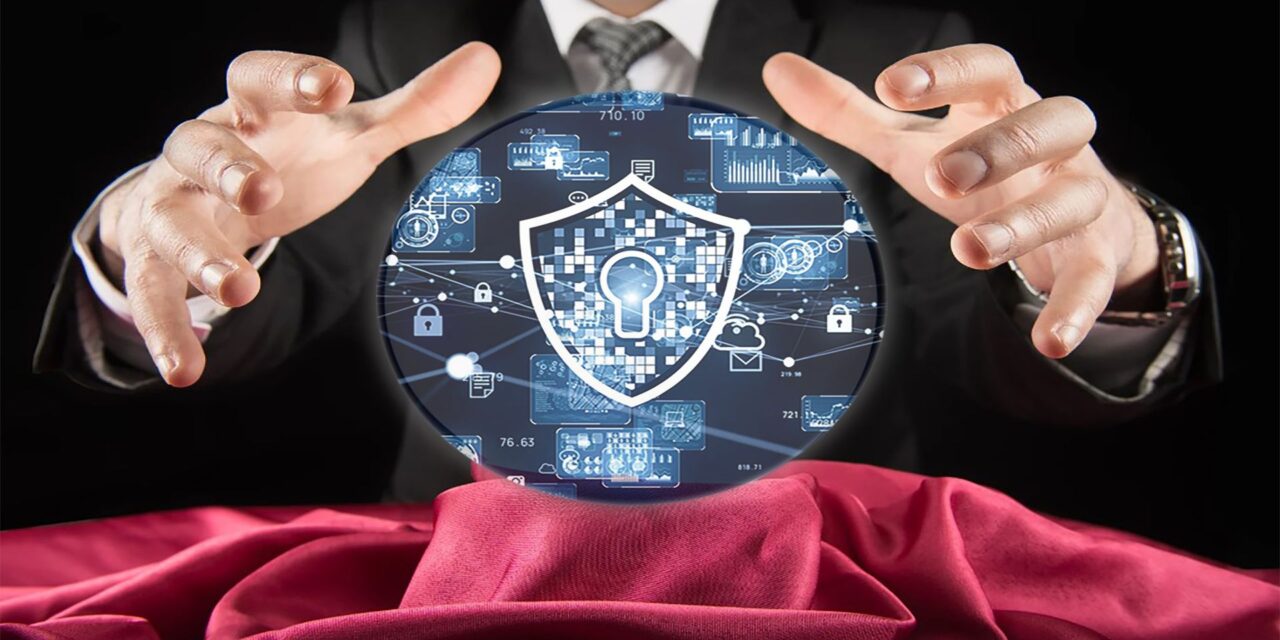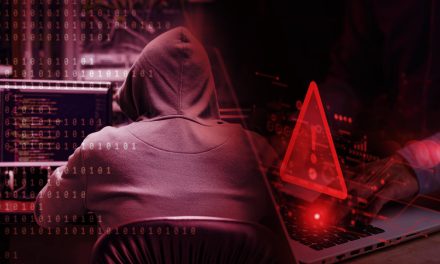Here are one expert’s thoughts on general cybersecurity issues, 5G, Internet of Threats and data privacy in the coming year.
The security landscape has evolved drastically in 2020, following the repercussions from the coronavirus pandemic. Many organizations are rapidly moving to cloud to support the global shift to a remote and mobile workforce.
Some burning questions on everyone’s mind are: What are the key security considerations for organizations in 2021? What are the security repercussions of the current year that will be brought forward? With 5G coming up in the region, where will it take us in 2021?
In 2021, the coronavirus will still be impacting our lives, businesses and societies, and those impacts will change as the year progresses. Therefore, we need to be ready not for a permanent ‘new normal,’ but instead for a series of ‘next normals’ as we respond to those changes.
Securing the ‘next normal’
Following the rush to remote-working and flexible working arrangements, organizations need to improve the security of their new distributed networks and cloud deployments to keep their applications and data protected.
This means enforcing and automating threat prevention at all points of the network, from employees’ mobiles and endpoints, to IoT devices, to clouds—to stop advanced attacks spreading rapidly across organizations and exploiting weaknesses to breach sensitive data.
Automating prevention will be critical, as 78% of organizations have said they have a cyber-skills shortage and 76% have been struggling to recruit new cybersecurity talent.
No cure for COVID-related exploits
As the pandemic will continue to dominate headlines, news of vaccine developments or new national restrictions will continue to be used in phishing campaigns, as they have been through 2020.
The pharmaceutical companies developing vaccines will also continue to be targeted by malicious attacks from criminals or nation-states looking to exploit the situation.
Privacy? What privacy?
Mobile-device users are already giving away much more personal information than they realize, thanks to apps demanding broad access to peoples’ contacts, messages and more.
This problem has been magnified with buggy contact-tracing apps, which have been rush-released with privacy problems, leaking data about individuals. And that is just the legitimate apps causing problems: mobile malware targeting users’ banking credentials and committing click-fraud on adverts are still a significant and growing threat.
5G benefits and challenges
The totally-connected, high-speed world promised by 5G also gives criminals and hackers opportunities to launch attacks and cause disruption by targeting that connectivity.
E-health devices will collect data about users’ well-being; connected car services will monitor users’ movements; and Smart City applications will collect information about how users live their lives.
This massive volume of data from always-on 5G devices will need to be protected against breaches, theft and tampering to ensure privacy and security against attacks, especially as a lot of this data will bypass corporate networks and their security controls.
Internet of Things
As 5G networks roll out in the Asia Pacific region in the next couple of years, the numbers of connected IoT devices will massively expand, thereby drastically increasing networks’ vulnerability to large scale, multi-vector cyber-attacks.
IoT devices and their connections to networks and clouds, are still a weak link in security: it is hard to get complete visibility of devices, and they have complex security requirements.
We need a more holistic approach to IoT security, with a combination of traditional and new controls to protect these ever-growing networks across all industry and business sectors.




















